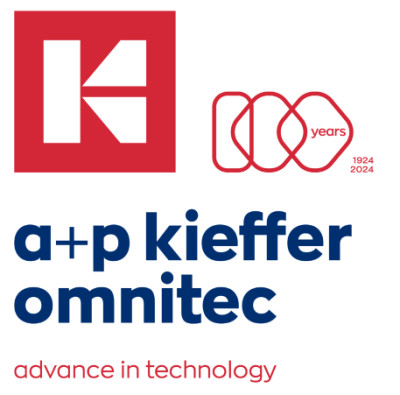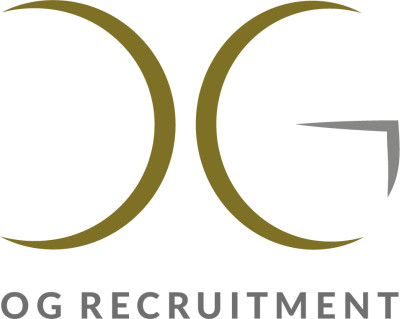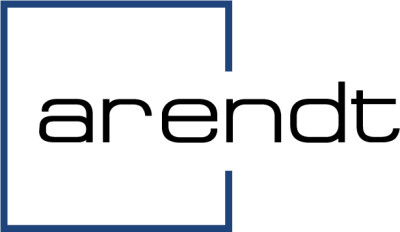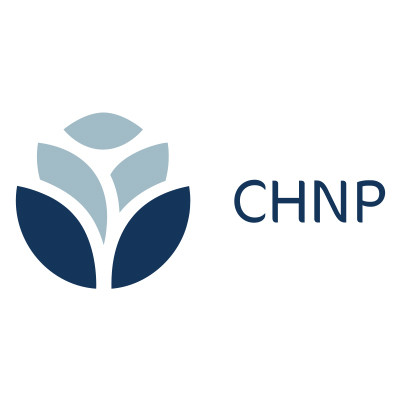Since the birth of Artificial Intelligence (AI) when Turing published “Computer Machinery and Intelligence” a test of intelligence called the Imitation Game was developed which eventually aided the victory of the second World War, it was destined to change the world forever.
Not only is AI heavily changing the domains of marketing, banking, healthcare and entertainment, it is also having an impact on the world of recruitment and employment. The industry is facing a paradigm shift where humans and computers are combining to seek out the best talent. According to IBM, 35% of businesses are using the technology globally and 42% are just exploring it.
How far is AI going to change the landscape of recruitment? Will there still be a need for human involvement in the coming years as it continues to develop?
What is AI
When OpenAI released ChatGPT to the masses on November 20th, 2022, it was placed at the forefront of the public agenda. Hysteria ensued due to its capabilities to perform human tasks, potentially rendering certain jobs redundant. With the company's valuation now reaching nearly $80 billion according to recent reports and only increasing along with major investment from the likes of Microsoft, there seems to be no end to the development of this almost extraterrestrial technology, thus the question arises what exactly is Artificial Intelligence?
At its base level, Artificial Intelligence is self-explanatory, it is a machine that has the capabilities of learning. Effectively meaning that it can learn from its own mistakes and improve with each task performed, it is also capable of mimicking human intelligence and cognitive functions such as problem solving and reasoning. Frequently the terms Machine Learning (ML) and Deep Learning (DL) are used interchangeably, however this is incorrect as they should be looked upon as sets of layers. AI is the first layer, which encompasses ML, which then encircles DL, each being a subset of the other, from the largest to the smallest.
An important aspect of AI is that it can perceive the world around it through sensors such as cameras and microphones and interact with the world around it in a meaningful way. It is a tool that is still in its early stages of development and new uses are constantly being found to further progress its usefulness to society.
How is AI reshaping recruitment processes for faster and smarter hires?
Some of the KPIs that recruiters face are time to hire and quality of hire; through the introduction of AI into these working processes, they could both be improved astronomically. The power AI has, to analyse large data sets massively trumps that of humans, hence huge lists of potential candidates could be reduced to a few key matching ones practically instantaneously.
A further benefit of using the technology is that of semantic search that can be accessed by recruiters. Normal search engines are frequently however these often rely too heavily on matching the specific words that were used. With semantic search, the context of the search will be put into focus and a much more relevant search outcome will be provided, it denotes searching with meaning as opposed to old search engines that look for word matches. Which can be majorly beneficial to recruiters, as they will have more specific candidates at the ready sieving out the irrelevant ones. The promise and potential of semantic search in combination with developing AI could see huge positive changes to efficiency within recruitment.
Innovative recruitment tools are already embracing the technology with open arms through multiple different facets. With features such as AI generated personalized recruiter messages based on profiles, so individuals do not see the messages as spam or enhanced job descriptions simplifying the task of advertising certain positions efficiently. However, the most significant for recruiters is AI-assisted candidate discovery which provides fast and easy sourcing, filtering and skills analysis, a real game changer for anybody working in the field. If major recruitment players are adopting such technology, it speaks volumes about the impact of AI on the future.
AI is also replacing the administrative and potentially more labour-intensive work that has to be undertaken by recruiting professionals. A major task that they face is that of writing endless emails to potential candidates. Tools such as ChatGPT can conjure up emails, formatted to a near perfect standard, in seconds. With the impending improvement of language models such as ChatGPT, writing bulk emails may become a thing of the past.
Furthermore, the whole interview process is set to change in future, starting with the scheduling; where AI technologies can contact shortlisted prospects to inform them of the interviews. It is also due to alter the dimensions of the interview itself with the new AI powered digital interviews, which analyses an interviewees muscular movement, supposedly deciphering whether a person is being trustworthy or if they are enthusiastic about the job role. Crazy right?
The opportunities that AI brings with it are endless and they should be seen as such, not with the view of a dystopian future where machines take over and we bow down to an Arnold Schwarzenegger looking being. However, AI will forever change the way in which we work, but it will never be able to replace us. An aspect which it lacks that is imperative in the recruitment world is emotional intelligence, it cannot comprehend or respond to emotions. How can a new technology work in a sector entitled human resources, when there is nothing human about it? Nor is AI able to think outside the box and come up with ideas that have potential to revolutionize a whole sector, after all it was human intelligence that developed its artificial counterpart.
Humans and AI have different strengths and weaknesses and it we will thrive by combining them both, making processes that took humans hours in previous years, now reducing it to seconds. AI should not be feared but embraced.
Don’t miss out on all of the latest recruiting trends, visit our blog to keep up to date on Moovijob.com.
.png)






